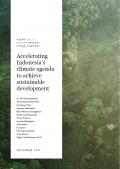
This case study reports on the various methods the Indonesian government has pursued to tackle climate change, starting with development of the National Action Plan for Reducing Greenhouse Gas Emissions in 2011.
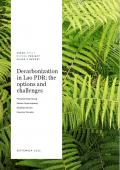
This case study reports on the decarbonization efforts of Lao PDR, as well as an analysis on the opportunities and challenges in implementation of its nationally determined contributions.

This case study summarizes Malaysia's energy, transportation, manufacturing and construction, oil and gas, waste, agriculture, forestry industries' decarbonization efforts.
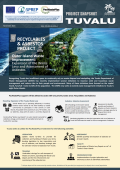
Tuvalu's Department of Waste Management is working to implement several initiatives to improve solid and hazardous waste management and reduce risks to the island nation's people and environment.
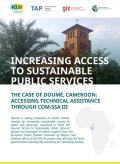
This case study shows how Doumé, Cameroon is tackling climate change by increasing sustainable access to water and electricity.
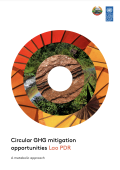
This report shows how Laos can become net-carbon neutral by 2050 by adopting a circular economy approach.
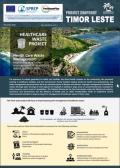
This case study demonstrates the implementation of several interconnected activities to improve long-term management of healthcare waste in Timor Leste.
This assessment focused on the effects of interventions in Uzbekistan involving the use and consumption of target fruits, as well as of their marketing value, to improve household food security and well-being.
This case study analyses how Samoa is using allocated PacWastePlus investment to design and implement an e-waste take-back system to reduce pollution, as well as its resulting environmental and health impacts.
Economic growth in many countries has up to now been based on the linear economic “take-make-dispose” model. This has led to a tremendous increase in worldwide extraction of material resources (biomass, fossil fuels, metals, and non-metallic minerals) in recent decades. In 2017, more than half of the global material resource...
